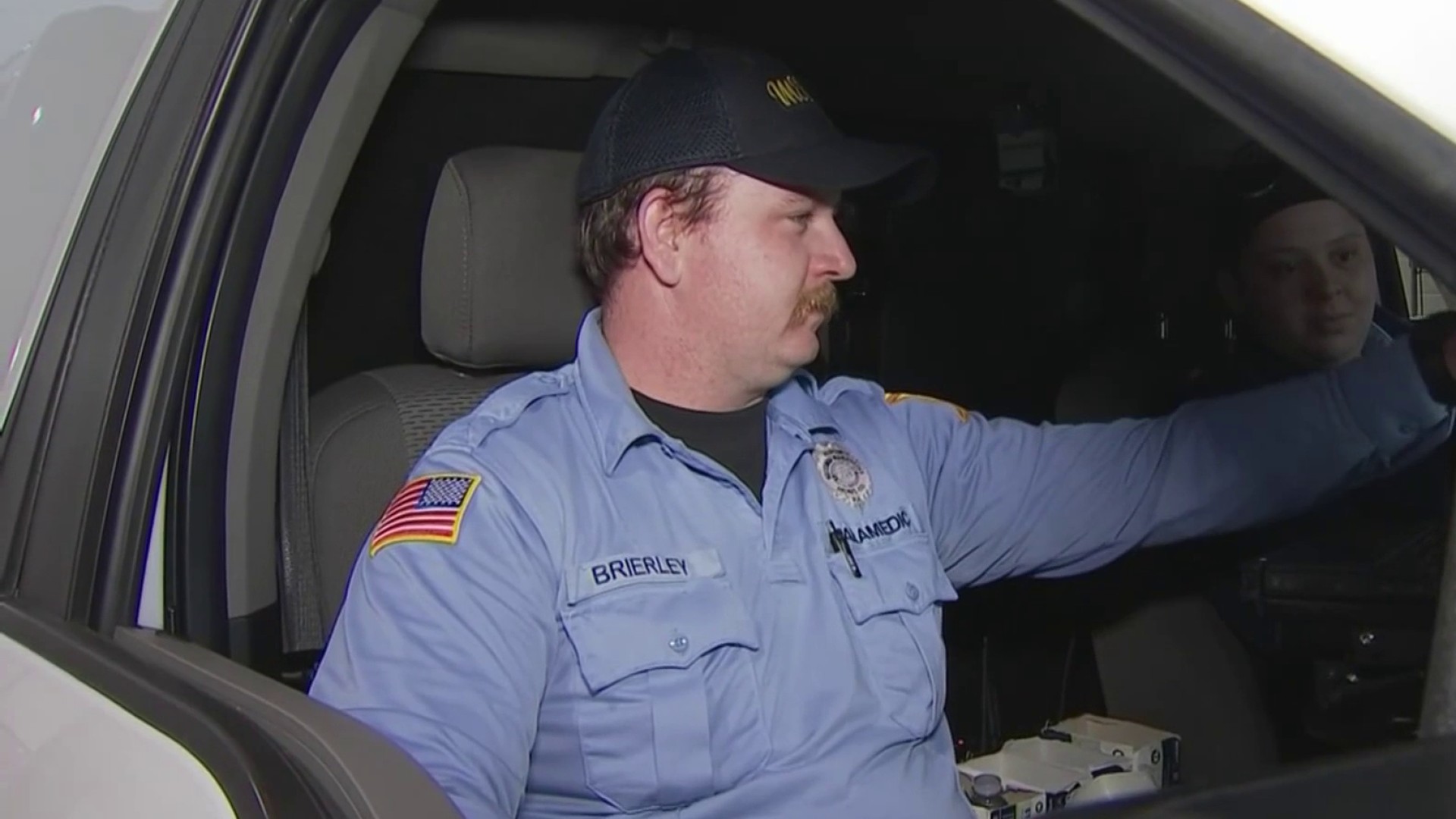The abrupt retirement of a Pennsylvania Supreme Court justice
caught up in a pornographic email scandal is likely to leave the high court without a tie-breaking vote for the rest of the year as it is set to undergo significant change.
In next year's election, there will be three open seats up for grabs on the seven-member panel, while there are two temporary openings to fill before then. With two Republican-held seats and one Democratic-held seat coming open, the election holds the possibility of tipping the balance of power on a court that had a four-to-three GOP majority before Monday's retirement of Seamus P. McCaffery, a Democrat.
Court watchers could not remember another time three high court seats were open in the same election, and Lynn Marks, executive director of the Philadelphia-based Pennsylvanians for Modern Courts, said it certainly hasn't happened in the last 25 years.
Senate Minority Leader Jay Costa said Monday night that it is inappropriate to rush through the nomination and confirmation of a temporary replacement for McCaffery this year.
Instead, Costa, D-Allegheny, said he prefers to wait until next year and let whoever is sworn in as governor in January nominate a slate of two nominees to replace McCaffery and Chief Justice Ronald D. Castille.
Castille, a Republican, must retire at the end of this year because he has reached the constitution's mandatory retirement age of 70. Another Republican, Thomas G. Saylor, will succeed Castille as chief justice because he has the most seniority on the bench, having taken office in 1998.
Local
Breaking news and the stories that matter to your neighborhood.
A third seat on the court will be open in next year's general election since one justice, Correale Stevens, a Republican, is a temporary replacement for Joan Orie Melvin, who was convicted of corruption last year.
McCaffery's retirement came a week after four of his fellow justices suspended him amid the pornographic email scandal that has hit the state government. On Oct. 15, Castille disclosed that the attorney general's office provided him with copies of 234 emails McCaffery had sent or received with sexually explicit content or pornography from late 2008 to May 2012. Two days later, a fellow justice, J. Michael Eakin, accused McCaffery of trying to coerce him into taking his side against Castille in the scandal.
McCaffery apologized but said that as an ex-U.S. Marine and policeman "coarse language and crude jokes" were part of his background, and he denied threatening Eakin.
Republican Gov. Tom Corbett has not decided whether to nominate a replacement for McCaffery, a spokesman said Tuesday. A Senate confirmation vote of a two-thirds majority is necessary to approve a nominee to the court, meaning that minority Democrats in the GOP-controlled chamber can block any nominee.
The decision will involve politics. Corbett has trailed badly in independent polls to Democrat Tom Wolf, and the winner of the Nov. 4 election could be in a position to exert short-term influence over the court after being sworn in Jan. 20. The Senate session ends Nov. 30, and a new Senate will convene in January.
Traditionally, a temporary appointment to the court replaces a Democrat with a Democrat and a Republican with a Republican.
The temporary appointments aside, a stampede of candidates for the high court is expected to run in next November's general election. Judges are barred by ethics rules from saying until after the Nov. 4 election whether they will run, but Stevens and Superior Court Judge Anne E. Lazarus have said they are considering running.
Even if Stevens wins a seat in next year's election, however, he will turn 70 the following year and be required to step down at the end of it.



